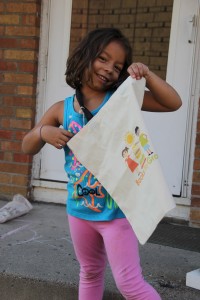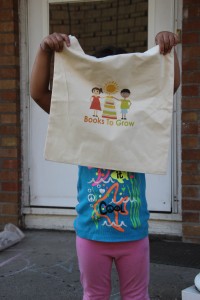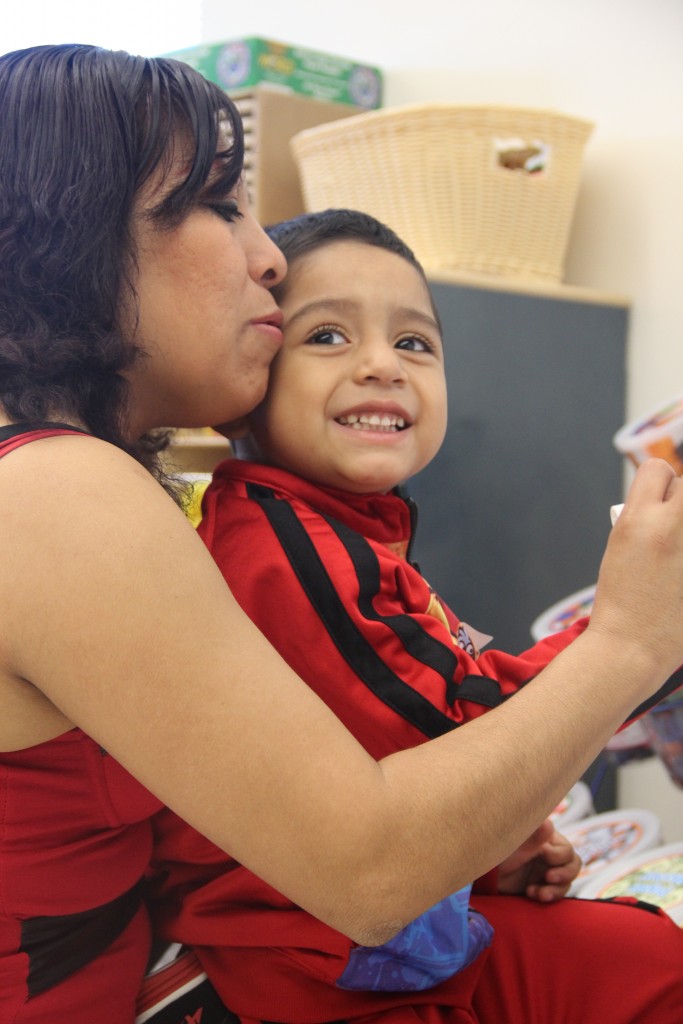It is easy for all of us to talk about how we love children – those cute little faces are irresistible. But it is also easy to forget that so many children do not live the carefree, happy lives they deserve because their parents are stressed or struggling. I support Way to Grow because it is dedicated to the well being of the entire family, as well as the child. I believe that a supported and educated child grows up to become a productive, self sufficient adult.

My name is Jeanne Ravich and I have been a Way to Grow supporter since my first meeting with Carolyn Smallwood, Executive Director of Way to Grow, several years ago. My husband Paul and I direct our efforts, both financially and as volunteers, to organizations in the education arena. We believe that education begins at birth and that parents are always a child’s most important teachers. The more I learned about Way to Grow and the successful programs it offers to children and their families, the more I committed my wholehearted support.
My relationship with Way To Grow has itself continued to grow over the years as I had a chance to meet the staff and get a closer look at the programs. I am especially impressed with the quality of the home visiting program, tailored to the culture and individuality of each family. I was impressed with the fact that the Family Educators come from the communities they serve, and collectively speak 8 different languages. They visit each family regularly, often beginning prenatally, and in 2014, they completed over 12,000 home visits.
Raising children is challenging for us all, and is especially difficult without a safe environment and when basic needs are not met. Way to Grow Family Educators and Resource Advocates help parents meet those needs, then teach child care and parenting skills. I wish I had that kind of support when I was a young parent!
The support continues through Way to Grow preschools and the Great by Eight program, fostering academic success through the third grade. I loved hearing that the Family Educators are there every step of the way. They often accompany parents to parent/teacher conferences and events, encouraging parents to embrace their role as their child’s number one teacher.
I have heard many personal and inspiring stories about parents and children whose lives changed for the better because of Way to Grow. I see pictures of proud parents and smiling children at preschool graduation. The statistics support the stories – more healthy babies, less teen pregnancy, and most importantly nearly 90% of children enrolled in the program were deemed prepared to succeed in school.
 Inspired by the work the Family Educators do, I asked Carolyn if they had any specific needs. Without hesitation she said, “Books in the home.” It was hard for me to imagine a child without books, so important to verbal and cognitive development. I couldn’t imagine a home with nothing for parents to read to a child in their lap, no sturdy board books with colorful words or pictures, no Dr. Seuss rhymes or Goodnight Moon. I began to collect new books, for distribution through the Family Educators. I am currently working on setting up a network of generous moms who also cannot imagine a child without books. We have a mission. Family Educators on all home visits will give all children a book of their very own. Both inspired by and as a partner to Way to Grow, I call this project Books to Grow.
Inspired by the work the Family Educators do, I asked Carolyn if they had any specific needs. Without hesitation she said, “Books in the home.” It was hard for me to imagine a child without books, so important to verbal and cognitive development. I couldn’t imagine a home with nothing for parents to read to a child in their lap, no sturdy board books with colorful words or pictures, no Dr. Seuss rhymes or Goodnight Moon. I began to collect new books, for distribution through the Family Educators. I am currently working on setting up a network of generous moms who also cannot imagine a child without books. We have a mission. Family Educators on all home visits will give all children a book of their very own. Both inspired by and as a partner to Way to Grow, I call this project Books to Grow.




